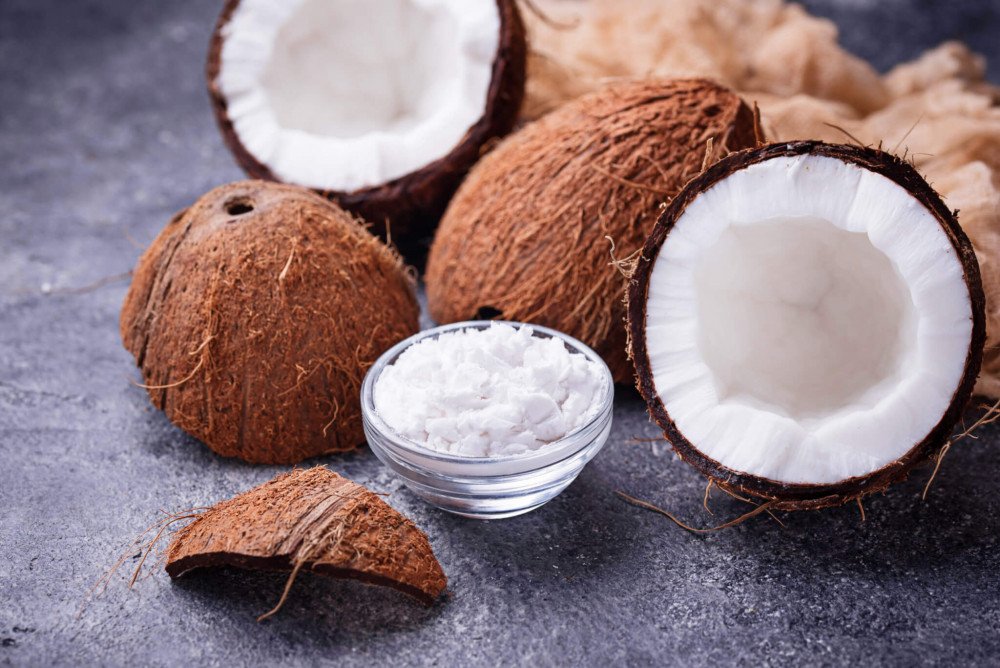Coconuts are a versatile and nutritious ingredient that can be used in a variety of ways in cooking and personal care. Whether you're using the meat, milk, oil, or water, coconuts offer a range of health benefits, including improved heart health and digestion, as well as a boost to the immune system. In this article, we will dive deeper into the many uses and benefits of coconuts.
Coconut is a term that can refer to both the fruit/seed or the entire palm tree. Coconuts are a signature fruit in coastal tropical regions around the world and hold diverse cultural and religious significance among inhabitants of these regions. The evolutionary origin of the coconut is a topic of debate, but it is believed that the fruit was domesticated by Austronesian peoples and later spread to other coastal regions of the tropics.
In Swahili, coconut is called "nazi" and is considered a fruit, although it is not a true nut. There are two types of coconut: domesticated and wild. Domesticated coconuts are round in shape, while wild coconuts are elongated and triangular. Coconut fruit can be found in two forms: mature and immature. Mature coconuts are usually sold for their flesh, while immature coconuts are sold mostly for their water. Some people refer to coconuts as ripe or unripe fruits.
In the market, coconut can be found in various forms: whole mature fruit (ripe), immature fruit (unripe), coconut water, coconut milk, coconut oil, coconut cream, and coconut flour/powder. Fresh coconut can also be shredded and dried to produce desiccated coconut, which is a popular ingredient in pastry making.
In cooking, coconut is consumed as flesh and is widely used as an ingredient in a variety of dishes such as curries, sauces, stews, and starchy dishes like coconut rice and smoothies. Along the East African coast, where coconut holds great significance, the Waswahili people have been using coconut to prepare a variety of foods for generations.
These include Kashata za nazi (Swahili coconut snacks), vibibibi (coconut pancakes), madafu and the infamous wali wa nazi (Swahili coconut rice). In West Africa, we have coconut jollof rice and in the south, we have South African coconut rice, while in the north of Africa, coconut is used to prepare special occasion dishes.
Coconut byproducts are also widely used in the making of beauty products such as hair shampoo, facial scrubs, and body lotions. Coconut oil is used as a body jelly and a moisturizer for both hair and skin. It is also used as a makeup remover and to help control acne due to its anti-inflammatory and anti-bacterial properties.
Coconuts are packed with satiating fiber and minerals such as manganese, zinc, iron, selenium, calcium, magnesium, phosphorus, and copper.
Some of the health benefits of coconut include:
- Preventing Alzheimer's disease and improving memory
- Aiding in digestion
- Promoting healthy bones and teeth
- Boosting immunity
- Preventing urinary tract infections
- Moisturizing the skin and hair
Join us in exploring more uses of coconut oil and coconut water. As we continue with the nuts series.


Add your reply
Replies